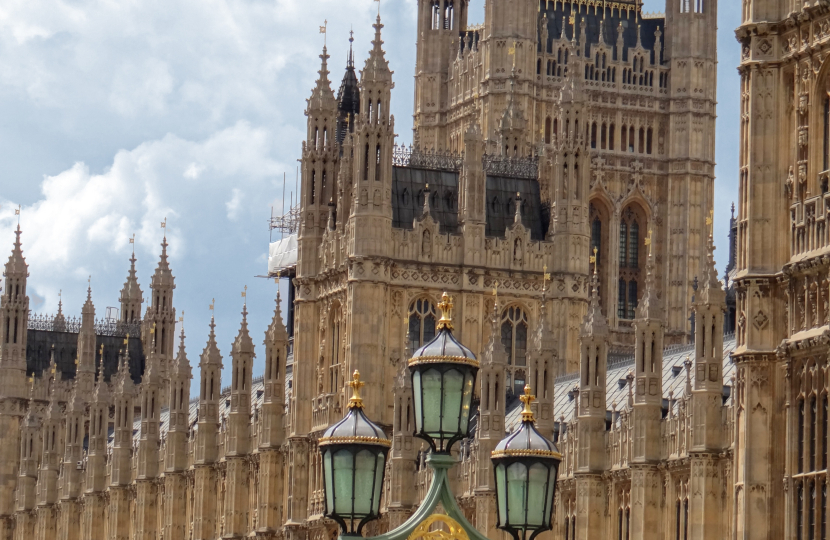
I’m writing this week’s column having just witnessed the King’s Speech, the official beginning of the new Parliament.
The protocols of the King’s Speech and the State Opening have remained for hundreds of years – the banging on the door by Black Rod, the slamming of the Chamber door to show the Commons’ independence, the Humble Address, the purse carrying the speech. All of these layers of history combine to create a uniquely British moment.
Back in Tudor England, the King (or Queen) would have had much more say in its contents. Today, the King’s Speech is of course written by the government and sets out its legislative programme for the time ahead. So today we got more of a sense of where the new government will be focusing.
Many of the big ticket items have already been reported on – establishing GB Energy, renationalising the railways, changes to the House of Lords.
Of particular salience to many East Hampshire constituents are the proposals to reform planning law and accelerate house building. With this, as with a range of other items, close Opposition scrutiny is required.
There are a number of education measures in the Speech. Imposing VAT on independent school fees was much discussed in the election campaign; now there must be close attention to the effects of this on the state school system area-by-area and how pressures are planned to be addressed.
The Speech announced “a Bill … to raise standards in education and promote children’s wellbeing”. Obviously these are aims we all agree on. Indeed, some of what we understand is envisaged for this Bill are things the previous government was already working on, or will put good practice into legislation.
There is more of an open question over what “an expert-led review of curriculum and assessment” might imply. We will also be closely scrutinising the changes the government plans to make to apprenticeships and the apprenticeship levy, and the formation of a new body, Skills England, in place of the Institute for Apprenticeships and Technical Education.
I was pleased to see the intent to put a ‘duty of candour’ on public servants. While sometimes billed as the ‘Hillsborough Law’, this is also highly relevant to the Infected Blood scandal, which devastated so many families, including locally.
What is in a King’s Speech is very significant, but also significant is what is omitted. From a farming perspective, the absence of a firm commitment on food security is disappointing, and it will be important that this and other agriculture issues get proper parliamentary attention.
As ever there is much to go through and digest, and the following six days in Parliament are dedicated to debates on its contents. But this is only the first stage, and as legislation is published there is far more detail to go into. No doubt I will come back to a number of the policies referred to today in this column in future.
■ Along with the King's Speech came some important indicators of the economic context the new government is coming into. Inflation held at 2% for the year to June 2024, at the Bank of England's target. Moreover, the IMF has revised upwards its assessment of the UK economy’s prospects, which will give some more room to the Chancellor as she looks at fiscal priorities.


